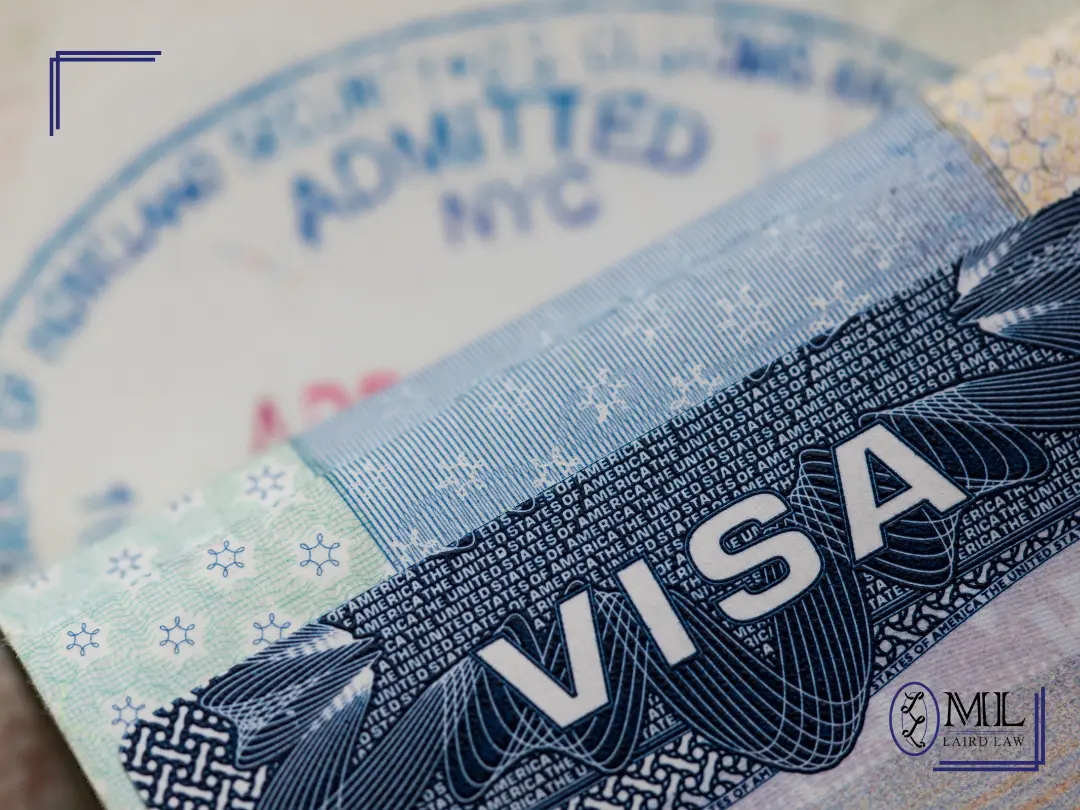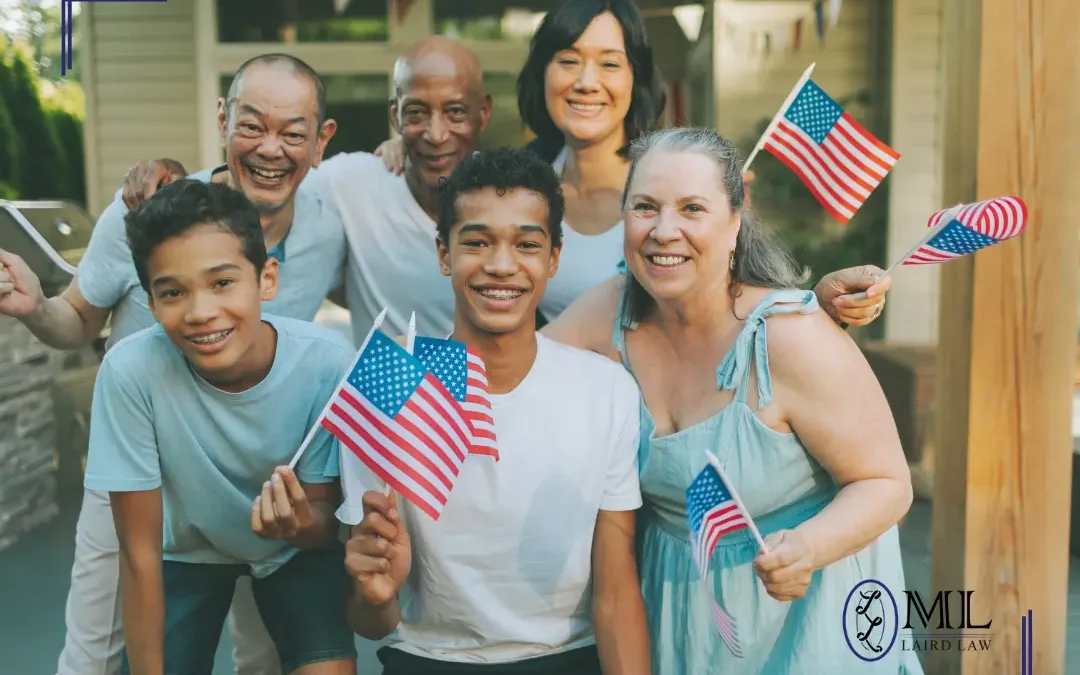If you want your time in the United States to be legal, it’s important to understand the different types of visas and how to apply. An experienced immigration attorney can help you determine the visa category that best suits your needs, which may defer to your family connections, work authorizations, or other immigrant status. Securing the appropriate legal documentation for your stay in the US is a huge part of gaining citizenship, no matter what part of the immigration process you’re in.
What are the most common types of visas in the US?
Tourist and Business Visas
B-1 Business Visitor Visa –
This visa includes business partners, contract negotiations, scientific and educational assistance, and more.
B-2 Visa for Tourism, Medical Treatment, or Pleasure –
This visa is for tourism, visiting family or friends, medical treatment, and social activities.
Student Visas
- F-1 Visa for academic study programs, valid for any level of studies
- F-2 Visa for dependents of anyone with an F-1 visa
- F-3 Visa for Mexican or Canadian national academic students with periodic travel requirements
- M-1 Visa for vocational programs of short duration and without academic value
- M-2 Visa for dependents of M-1 holders
Worker Visas
- EB-1 Visa for workers with extraordinary abilities
- EB-2 Visa for medical professionals in underserved areas
- EB-3 Visa for professional workers who may not be eligible for the previous two options
- EB-4 Visa for U.S. government workers and foreign widows/widowers married to U.S. citizens
- EB-5 Visa for immigrant investors
- H-1B Visa for professionals with specialized jobs
- H-1B1 Visa for U.S.-Chile Free Trade Agreement professionals and Singapore Free Trade Agreement professionals
- H-2A Visa for temporary agricultural employment
- H-2B Visa for non-agricultural workers such as construction, gardening, and cleaning
- H-3 Visa for trainees or exchange visitors with special education
- H-1C Visa for nurses, due to a recent shortage of health professionals
- L Visa for workers transferred to the U.S. by their companies, including L-1A for general/executive positions and L-1B for specialized knowledge
- O Visa for individuals with extraordinary abilities in science, education, sports, or arts, including O-1, O-2, and O-3
Trader Visas
- E Visas (includes treaty traders and investors, including E-1 for merchants and E-2 for investors)
Visas for Victims of Crimes
- U Visa (for victims of crimes such as domestic violence, sexual assault, and more)
- T Visa (for victims of human trafficking and smuggling)
- VAWA Visa (for victims of domestic violence, abuse, and assaults)
Visas for Foreign Governments and International Organizations
- A Visa (for officials and diplomats of foreign governments, including A-1 and A-2 visas)
- G Visa (for members of international organizations, including G-1, G-2, G-3, G-4, and G-5 visas)
Transit Visa and Crew
- C Visa (for aliens requiring immediate transit through the U.S.)
- BCC (Border Crossing Card) for Mexico-U.S. border travel
- D Visa (for crew members of commercial sea vessels or international airlines)
- D-2 Visa (for pilots and crew members entering and departing the U.S. on different aircraft or ships)
Family Visa
- IR-1, IR-2, CR-1, and K-1 visas for spouses, children, and fiancé(e)s of U.S. citizens
- International adoption visas (IR-3, IR-4, IH-3, and IH-4) for children adopted by U.S. citizens
- F1, F3, and F4 visas for unmarried sons and daughters, married sons and daughters, and siblings of U.S. citizens, respectively
Visas for Family Members of Lawful Permanent Residents
- F2A and F2B visas for spouses and unmarried children of lawful permanent residents
Other Types of Visas
- Special Immigrant Juvenile Status
- Visa I (for media employees)
- P Visas (for artists, performers, and exchange workers)
- Q Visa (for cultural exchange)
- J Visas (for foreign exchange visitors)
How to apply for different types of visas
The specific US visa that you are applying for will have its own set of requirements. Common requirements include a valid passport, digital photo, email address, and any supporting documentation like travel insurance or bank history.
To apply for a US visa, you’ll need to:
- Fill out form DS-160.
- Schedule your visa interview appointment at your closest consulate.
- Make sure to pay the visa application processing fee.
- Attend your interview with all the required documents.
- Remember that consulting an experienced immigration attorney can better prepare you for your specific visa requirements!
Obtain your US visa with the legal expertise of Laird Law
Navigating the US immigration court system can be complicated, and finding the right legal expertise can save you from wasting time sitting in a backlog of visa applications. Our experienced immigration lawyers can help you determine the kind of visa you need and the best way to get there. We can answer all your immigration questions, including “Do children need a visa to travel?” and “How long can you stay in the US with a visa?” so contact us today!





